Change the World for Ten Bucks
Change the World for Ten Bucks
Small Actions Lots of People = Big Change We Are What We Do

First published in the United States in 2009 by Chronicle Books LLC. Copyright 2004 by We Are What We Do CIC.
All rights reserved. No part of this book may be reproduced in any form without written permission from the publisher. First published in 2004 as
Change the World for a Fiver by Short Books Ltd in the United Kingdom. Library of Congress Cataloging-in-Publication Data available. ISBN: 978-0-8118-7162-4 Creative team: Tim Ashton, Steve Henry, Ken Hoggins, Chris OShea, Chris Wigan, David Robinson, Eugenie Harvey, Nick Walker, Paul Twivy, Richard Norgate, and James Chambers Edited by Eugenie Harvey
Research by Jamie Pourier Thanks to: Christina Amini, Kristen Hewitt, Lindsay Sablosky, J Reuben, Morton Wagener, Emma Shaw, Tricia Sweeney, Rae Dox Kim, and Stanley Young Cover photo by Jenna Cushner Chronicle Books LLC
680 Second Street
San Francisco, CA 94107
www.chroniclebooks.com
we are what we do

We Are What We Do is a global social change movement.
We believe it is not just politicians, institutions, and big business that change the worldit is also ordinary people like you and me. Our aim is to bring people together and demonstrate how, using simple, everyday actions, we can create a global movement of doing and changing; doing small actions and changing big problems. We started back in 2003 with the simple question, What would you ask one million people to do to change the world? We received thousands of suggestions from all around the world and the result was this book, first published in the UK in 2004 and now published in countries all around the world. But this is just the tip of the iceberg. You can find out more about us at our Web site: www.wearewhatwedo.org
Introduction
We live in peculiar times. More communication devices connect us than ever before, yet more people live alone.
We want to belong to communities, but our cities can be very lonely places. Technology has shrunk the planet. We talk constantly on cell phones and connect online with old friends in other continents, but the time we actually spend together has decreased too. Attendance at club meetings in the United States has dropped by more than half in 25 years. Even eating together as a family has fallen by 43 percent. Random figures perhaps, but they tell a consistent story.
Most of us feel that something is now missing in our lives. We still want to make our voices heard, to feel part of something bigger than ourselves, but we no longer know how. Maybe Mahatma Gandhi had the answer. We must, he said, be the change we want to see in the world. In other words, we are what we do. So why is it so difficult? Perhaps it is the scale of the problems which induces the state of paralysis.
We think we have to leave change to governments or big business even though we also know that we elect governments and that our spending is what creates big business. Surely the question now is not whether we should act alone, but how can we act together? We Are What We Do is a new kind of movementa movement with attitude. We are not trying to raise money. We are trying to show the power of a simple shift in attitudes and day-to-day behavior. We invite you to be part of a new kind of community; not of joiners but of independent doers following the same banner and answering the questions that we all want answered.
How to use this book
This is a book of simple, everyday actions which we believe pretty much all of us can do.
How to use this book
This is a book of simple, everyday actions which we believe pretty much all of us can do.
If youre reading this book, chances are you, or someone you know, has actually done one of the actions already (: Buy a Copy of This Book for a Friend), so youre already on the way! A number of pages feature references to organizations that can help you perform the actionsfor example, : Give Blood features the Web site address for the blood donor organization. Weve included a whole host of related Web sites in are definitivebut they are a start. Wed love to hear from you, either with suggestions for new actions, or suggestions for other helpful organizations and Web sites. Please e-mail us at and check out our Web site to see updated lists of both.
ACTION 01
DECLINE PLASTIC BAGS WHENEVER POSSIBLE

Every person in the country uses an average of 330 plastic bags each year.
That's 100 billion plastic bags all together.
A plastic bag can take up to 500 years to decay in the landfill.
There is an alternative.
It's called a shopping bag; it's reusable, and apparently in France, it's very chic.

ACTION 02 SPEND TIME WITH SOMEONE OF A DIFFERENT GENERATION

ACTION 03 SWITCH TO AT LEAST ONE ENERGY-SAVING LIGHTBULB
Change a lightbulb and see what you can save
An energy-saving lightbulb with an ENERGY STAR label might not seem cheap, but over its lifetime it could save you anywhere from $2060, and a lot more besides.
Like the planet for example. 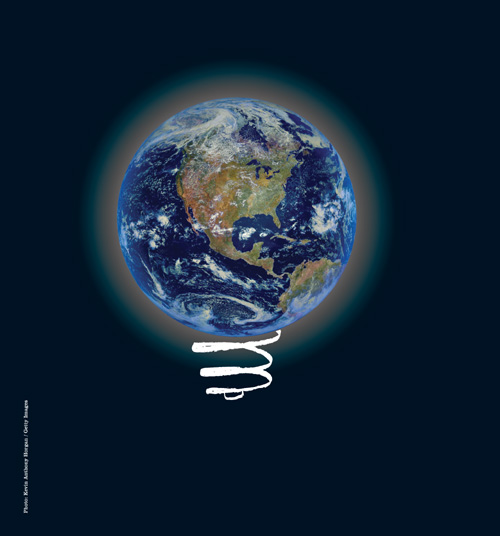
ACTION 04 LEARN BASIC FIRST AID
Learning first aid is childs play
It only takes two hours to learn how to save a life. What else are you going to do in that time that is going to make such a difference? Watch American Idol twice? And lets face it, saving someones life is cool. In fact, its about as cool as you can possibly get. And, if you do learn this skill, you might like to know that the person you help is statistically unlikely to be a stranger. Theyre more likely to be a friend or relative.
Imagine saving your best friends life. 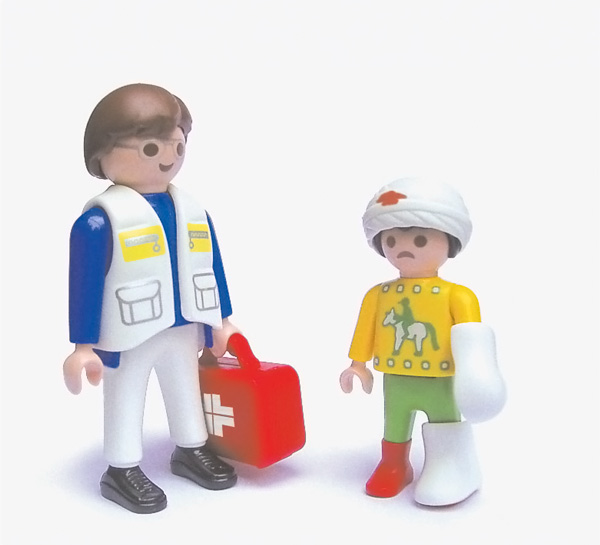
ACTION 05 SMILE AND SMILE BACK
It takes half as many muscles to smile as it does to frown. And it makes you and others feel twice as good.
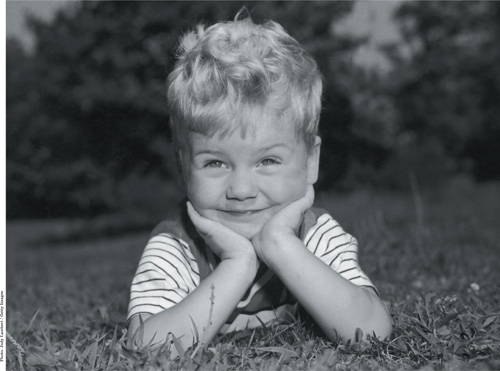
ACTION 06 TAKE PUBLIC TRANSPORTATION WHEN YOU CAN
A bus carries the same number of people as 20 cars. And its going there anyway.
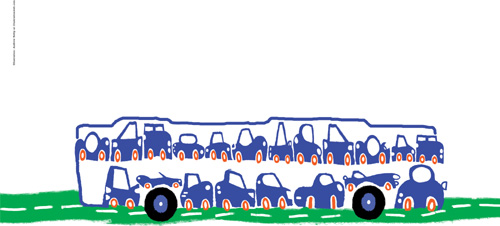
ACTION 07 PLANT SOMETHING
Go play in the dirt
After all those years of your mother telling you not to, were making an appeal to the rebel in you.
Flowers, vegetables, herbs, house plants, bamboo, ferns, treeswe dont mind what it is, just get planting. Youll turn carbon dioxide into oxygen, calm your mind, relax your body, and potentially have something delicious to eat. Even being short on space is an opportunity to get creative and connect with your inner child by planting bean sprouts in an egg shell. 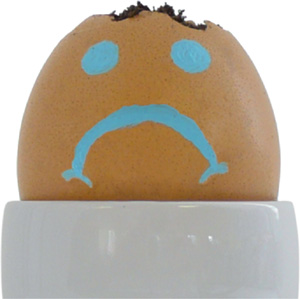
Next page

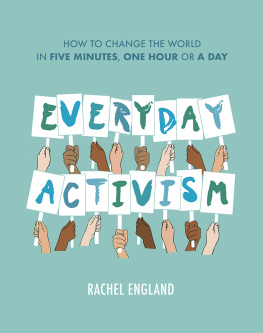


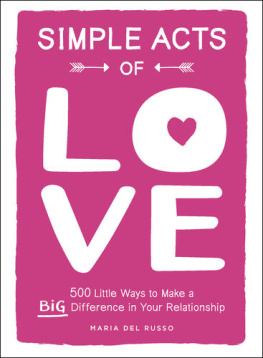
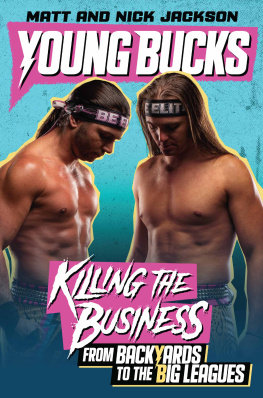

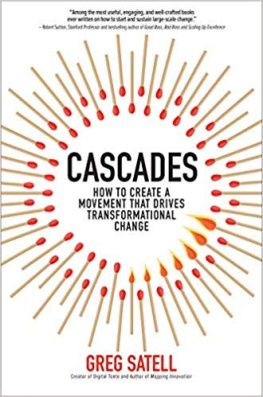
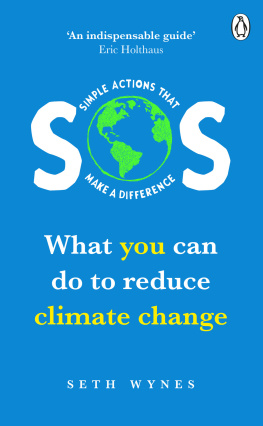
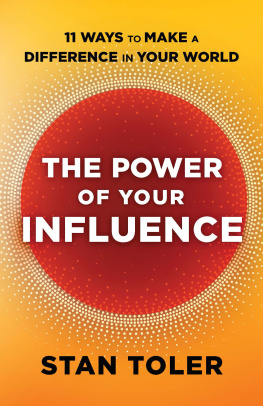
 First published in the United States in 2009 by Chronicle Books LLC. Copyright 2004 by We Are What We Do CIC.
First published in the United States in 2009 by Chronicle Books LLC. Copyright 2004 by We Are What We Do CIC.
 Every person in the country uses an average of 330 plastic bags each year.
Every person in the country uses an average of 330 plastic bags each year.





